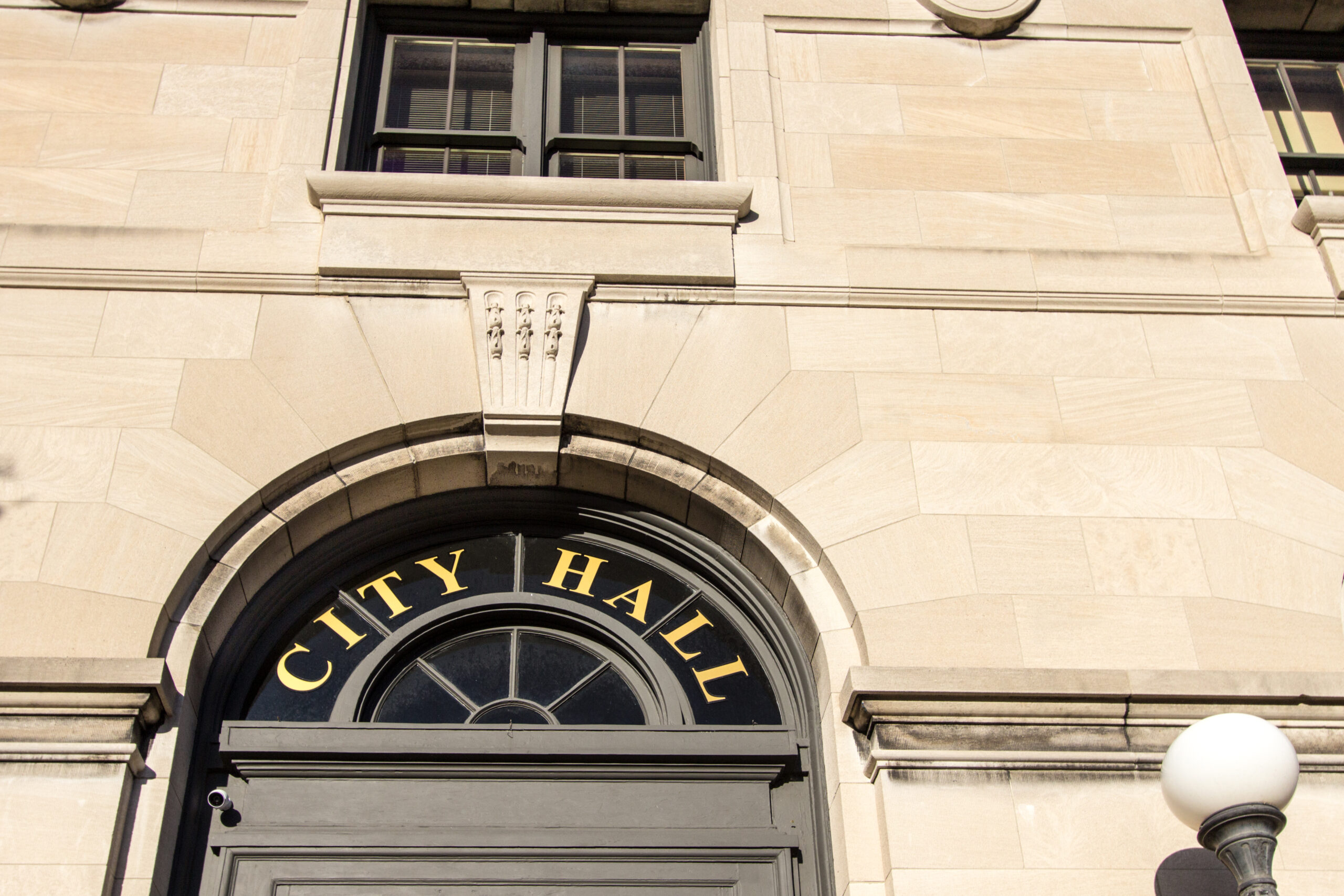
When a property owner wants to “rezone” a property, they are often times trying to change the intention of what that land was originally used for. There can be a range of reasons behind the want or need to redefine the property, but in most recorded cases, owners decide to rezone property for residential purposes (usually changing a commercial property from one zone to another for future business use).
However, zoning itself is directly controlled by the government, both municipal and local, with laws imposing ideas of how property can and cannot be used in exact locations.
If you’re looking to rezone a property yourself, it’s fairly easy to do (although a fairly lengthy process). The first thing that you need is to submit an application locally. It should be noted that depending on the size of your property, there might be a fee when submitting the application. The fee can range anywhere from $500 to even $5000 if the property is in the 20-25 acre range. If you there are planning and building offices in your municipality, ask your local zoning board for an application to petition, as well as if you need to notify the public regarding your rezone. In some states, it is required that all petitions for rezoning are published locally, whether by a local newspaper or website.
You will also need to know the exact existing zoning classification of the property and the category to which you want to change it. Once you know its classification, the zoning board will review your petition and determine if your rezone is of benefit or possible harm to the property around yours. If you are approved, you will be notified by letter from the board or your local municipal council. Often times, the decision to allow your rezoning request will be changed during a council meeting. Even if your request passes, the board has the power to change your zoning variance request so that it is less of a strain on your surrounding local community.
If your request is denied by the board, you have the right to appeal (there are typically small fees when filing). The appeal process overall can take anywhere from 2 to 4 months to go through your local municipality. You can meet with the zoning board in the meantime to discuss your intentions with the rezoned property. Make sure to try and satisfy their concerns by showing that your plans for the soon to-be rezoned property will NOT cause any negative effect in the surrounding area. Also, make sure to state whether or not you feel that the board’s decision was irrational or not supported by the facts that you presented.
It can be a long process trying to rezone property, but it is certainly worth pursuing.
If it all goes well, congratulations on rezoning your newly sanctioned property!
If you need assistance or want more information about how to rezone property, call us at 401.477.0023 or email: help@desautelesq.com.
